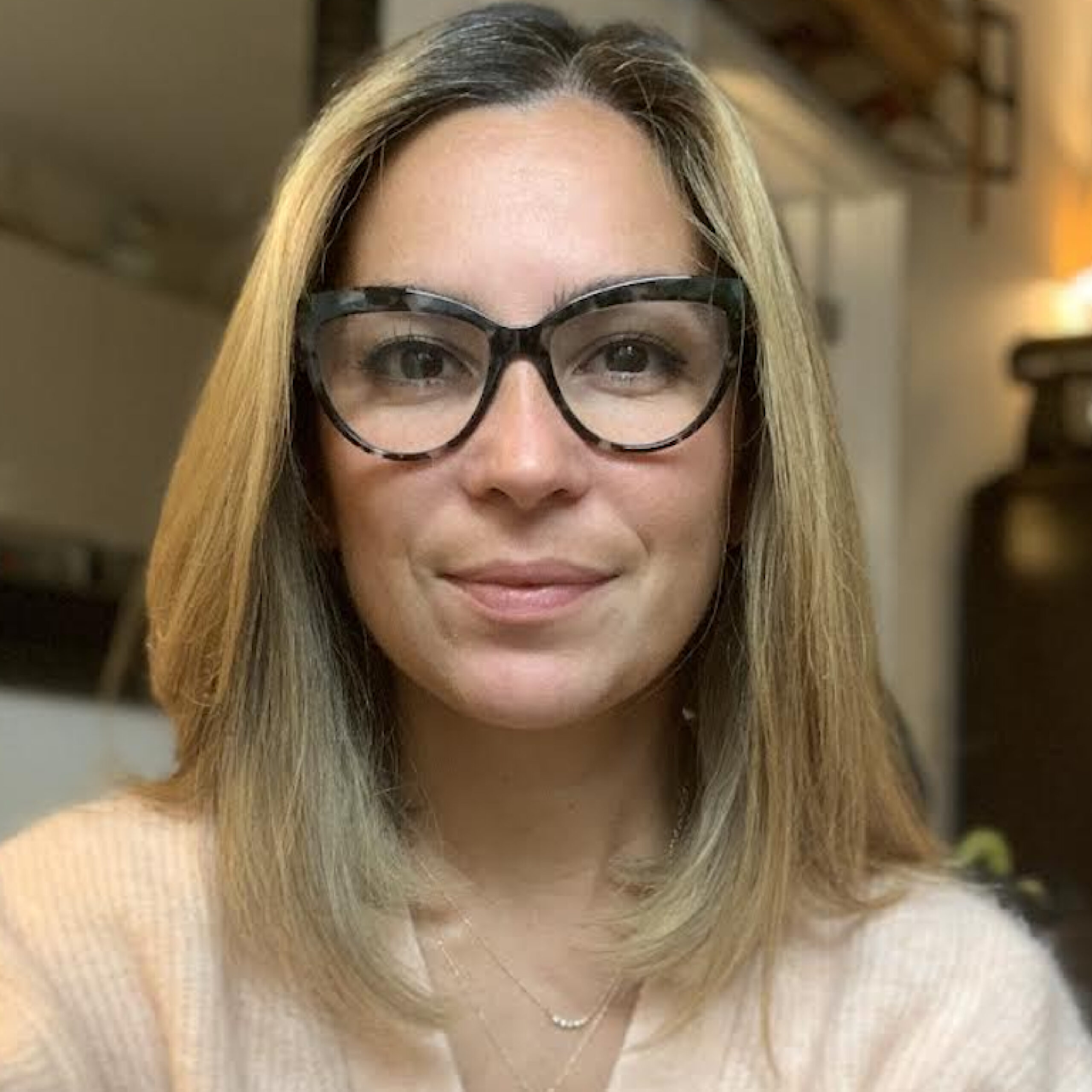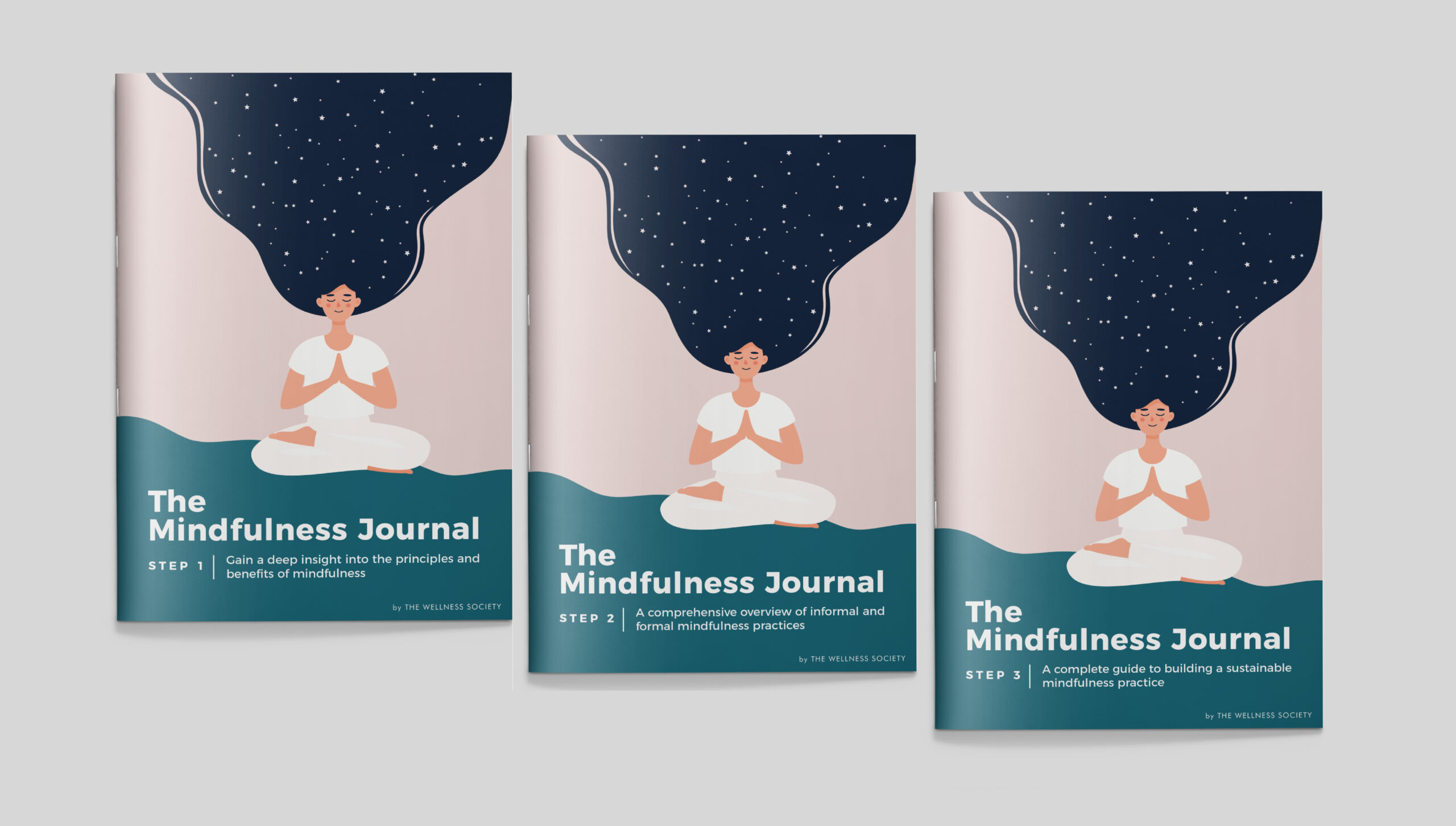Mindfulness isn’t just about meditation or relaxation; it’s about being present, aware, and intentional in your interactions with your partner. When you bring mindfulness into your relationship, you open the door to deeper understanding, empathy, and emotional regulation.
The Benefits of Mindfulness in Relationships
Seeing Things from Your Partner’s Point of View
Mindfulness helps you pause and step outside your own perspective. Instead of reacting defensively during a disagreement, you can take a moment to consider your partner’s feelings and experiences.
This shift reduces conflict and cultivates a stronger emotional connection. When you truly see things through your partner’s eyes, it becomes easier to find common ground and work together as a team.
In the Gottman-Rapoport couple’s counseling intervention there is a concept of “The Assumption of Similarity” which states: “If you find yourself attributing a positive trait to yourself, try to see some of that trait in your partner. If you find yourself attributing a negative trait to your partner, try to see some of that trait in yourself as well.”
Growing in Empathy
Empathy is the cornerstone of a healthy relationship.
Mindfulness nurtures empathy by encouraging you to be fully present with your partner’s emotions. When you listen without judgement or distraction, you create a safe space for your partner to express themselves openly.
This deepens trust and strengthens your bond. Try repeating what your partner has just shared using: “What I heard you say is…” and then ask, “Did I get that right?” This helps in connecting with your partner on a deeper level, much deeper than just active listening.
Learning to Self-Soothe
Conflict is inevitable in any relationship, but how you handle it makes all the difference.
Mindfulness teaches you how to recognise your own emotional triggers and respond calmly rather than react impulsively. By learning to self-soothe, you can navigate difficult conversations without escalating tension, leading to healthier, more constructive interactions.
3 Ways to Be More Mindful in a Relationship
1. Take a Break During Arguments
When emotions run high during an argument, it’s easy to say things you don’t mean or shut down completely. Physiologically, when you’re in a heightened state of arousal, your heart rate can exceed 100 beats per minute. At this point, your brain struggles to process information clearly, making it nearly impossible to engage in a productive conversation.
The solution? Step away from the situation for 20 minutes.
This isn’t about avoiding the issue – it’s about giving yourself time to calm down and regain control. Use this break to practice deep breathing, take a walk, or engage in a calming activity.
Once you’ve both had time to cool off, return to the conversation with a clearer, more mindful perspective. Remember, the goal is to come back to one another, not avoid the conflict completely.
2. Practice Daily Meditation
You don’t need to spend hours in meditation to reap the benefits of mindfulness. Start small – just one minute a day.
Sit quietly, focus on your breath, and gently bring your attention back whenever your mind wanders. Over time, aim to increase your practice to two to five minutes daily. You can also use guided meditation apps such as Insight Timer, Calm or Headspace.
Think of this practice as mental hygiene, much like brushing your teeth. Consistent meditation helps you stay grounded, making it easier to stay present in your relationship.
3. Recognise and Respond to Bids for Connection
In relationships, partners constantly make “bids for connection” – small gestures that seek attention, affirmation, or affection.
These can be as simple as sharing a funny story, asking for help, or making eye contact. Mindfulness helps you become more aware of these bids and respond positively.
Turning towards these bids, even in small ways, strengthens your emotional connection. It shows your partner that you value and appreciate them, creating a foundation of trust and intimacy.
Practical Tips for Being More Mindful in a Relationship
Schedule Regular Check-Ins
Set aside time each week to talk about your feelings, challenges, and successes as a couple. Strengthen your communication skills, listening mindfully without interrupting or offering solutions unless asked. The Gottmans suggest having a “State of the Union” once a week on Sundays to discuss what went well during the past week, what didn’t go so well, and to discuss the week ahead.
Practice Gratitude
Take a moment each day to express appreciation for your partner. A simple “Thank you for making dinner” or “I appreciate how you’re always there for me” can go a long way.
People often wonder, “Why should I say ‘Thank you’ for things that should be done automatically, like feeding the kids or walking the dog?” The piece here is acknowledgement. By saying “Thank you,” you are, in essence, saying, “I see you and I appreciate you.”
Engage in Shared Activities
Whether it’s cooking, walking, or doing a hobby together, shared activities help you stay present and connected. Put away your phones and focus on enjoying each other’s company.
Use Mindful Communication Techniques
When discussing sensitive topics, use “I” statements (“I feel...”) rather than blaming or accusing. Reflect back what your partner says to ensure you’re truly understanding their perspective.
Summary
Mindfulness isn’t a quick fix, but with consistent practice, it can significantly improve your relationship. By seeing things from your partner’s point of view, growing in empathy, and learning to self-soothe, you’ll create a deeper, more meaningful connection.
Start small. Take breaks during arguments, practice daily meditation, and become aware of your partner’s bids for connection. These simple yet powerful strategies can help you build a relationship grounded in understanding, patience, and love.
If you’re ready to deepen your connection and strengthen your relationship, mindfulness is a great place to start. It’s not about perfection; it’s about being present, intentional, and open to growing together.
Get Your Mindfulness Toolkit
The Mindfulness Journal helps beginners as well as seasoned practitioners enhance their mindfulness skills. Explore a wide variety of methods and discover what works best for you.

About Tova
Tova McCall is a Licensed Clinical Social Worker with a perinatal mental health certification. She's licensed in the state of NJ, NY, VT and OR and works with older teens, adults and couples.
She utilizes EMDR, Prolonged Exposure therapy, Gottman Therapy and CBT among other modalities.
You can find her at www.theholisticbump.com and @theholsiticbump on Instagram or @holisticbump on YouTube.



